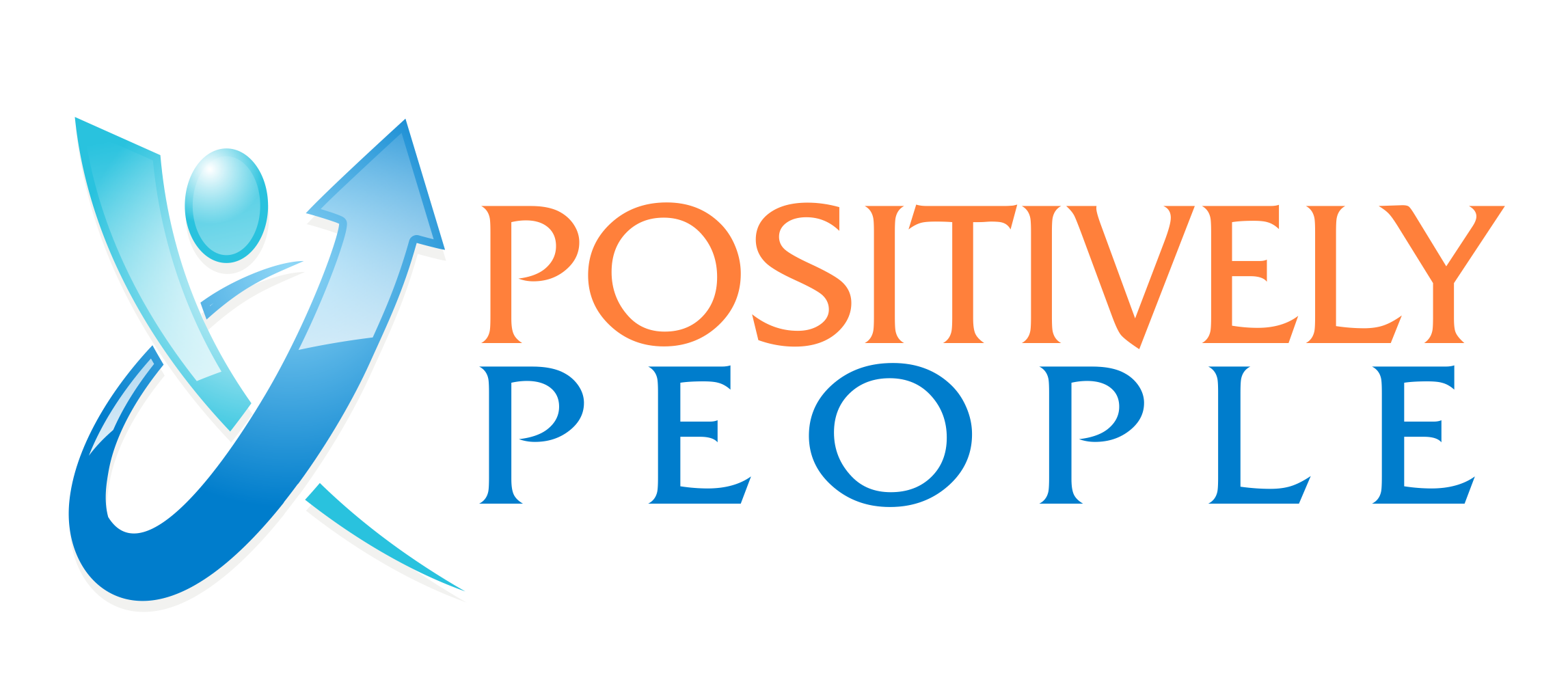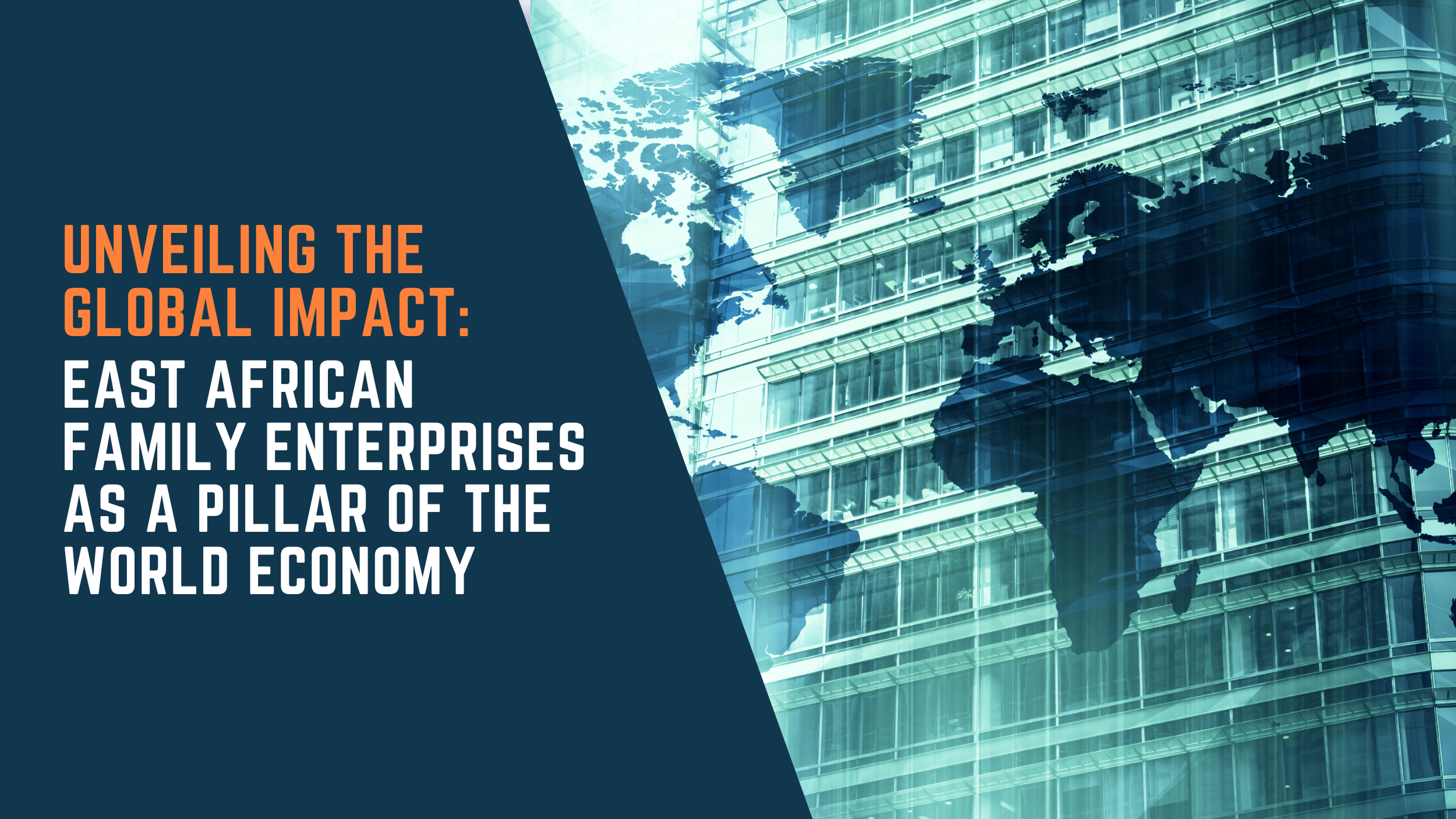East Africa, a region often overlooked in global economic discussions, is home to a vibrant tapestry of family enterprises that are quietly shaping the world economy. These businesses, often spanning generations, have emerged as a significant force, contributing to economic growth, job creation, and social development.
East Africa’s rich cultural tapestry is interwoven with a complex history of migration from all over the glove. Ancient migrations of Bantu and Nilotic peoples shaped the region’s ethnic diversity while the Arab slave trade brought individuals from various parts of Africa to the coastal regions. Colonialism then introduced new populations, including Europeans and Asians, who settled in urban areas and began to engage in trade and administration.
More recently, internal displacement due to conflict and climate change has led to significant population movements within countries like Somalia, South Sudan, and Ethiopia. Additionally, economic opportunities have drawn migrants from neighbouring countries to urban centers like Nairobi and Dar es Salaam.
These diverse migratory patterns have contributed significantly to the dynamic and multicultural nature of East African societies, affecting its GDP exponentially.
The Power of Family Businesses
Family enterprises possess several unique advantages:
- Long-term Vision: A focus on long-term sustainability rather than short-term gains allows family businesses to make strategic investments and weather economic downturns. They consider East Africa home and are more inclined to make decisions that will benefit their future generations: creating stability within the business.
- Strong Values and Ethics: A commitment to ethical business practices and social responsibility often permeates family businesses, fostering trust and loyalty among stakeholders. This is imperative to having healthy relationships within all members of the society, creating financially stable beneficiaries and raising the overall status quo of all who are involved within the business.
- Resilience: Deep-rooted family connections and strong foundations enable family businesses to withstand economic shocks and adapt to changing market conditions. Intergenerational expertise and wisdom is essential in creating a sustainable business that can withstand severe economic changes and political regimes.
- Agility: Quick decision-making processes and a shared sense of purpose allow family businesses to respond swiftly to opportunities and challenges. Family businesses have a sense of in-built trust through generations of togetherness and mutual respect. This helps expedite the decision making process, allowing all members to rely on their personal experiences, education and general consensus to reach decisions that will benefit the majority.
Key Sectors Driving Growth
East African family enterprises are making significant strides in various sectors, contributing to economic growth and social development:
- Agriculture and Agribusiness: From small-scale farming to large-scale agribusiness, these businesses are driving food security, generating export earnings, and creating jobs.
- Manufacturing: Diversifying into sectors like textiles, furniture, and processed foods, family businesses are adding value to local resources and stimulating industrial growth.
- Real Estate and Construction: Developing infrastructure and commercial properties, family enterprises are contributing to urbanization and economic development.
- Services: Offering a wide range of services, including finance, healthcare, and education, family businesses are addressing critical societal needs and creating employment opportunities.
- Technology and Innovation: Embracing digital technologies, family businesses are driving innovation, improving efficiency, and expanding market reach.
Challenges and Opportunities
While East African family enterprises have immense potential, they face several challenges:
- Access to Finance: Limited access to affordable financing can hinder growth and expansion. This is why there is also in influx of Private Investment firms moving into the East African market, looking to invest in family businesses.
- Continuity Planning: Ensuring a smooth transition to the next generation is crucial for the long-term sustainability of family businesses. This can become particularly challenging when the children have moved abroad for higher education and have settled there instead of returning home to East Africa.
- Professionalization: Implementing modern management practices and corporate governance can enhance efficiency and competitiveness. There is an increase in professional courses and trainings to help maintain professional practices throughout all levels of management. This helps them compete on a global level.
- Global Competitiveness: Competing with multinational corporations requires strategic planning and adaptation to global market trends. If their business operations are not at par with multinationals, that can create a large gap in the market for them.
To overcome these challenges and seize opportunities, governments and international organizations can support family enterprises through:
- Policy Reforms: Creating a conducive business environment by simplifying regulations and reducing bureaucratic hurdles.
- Financial Support: Providing access to credit and equity financing through targeted financial instruments and programs.
- Capacity Building: Offering training and mentorship programs to enhance the skills and knowledge of family business owners and managers.
- Market Access: Facilitating access to global markets through trade agreements, export promotion initiatives, and market intelligence.
The Future of East African Family Enterprises
East African family enterprises are poised to play an even more significant role in the global economy. By embracing innovation, sustainability, and good governance, these businesses can continue to thrive and contribute to the region’s economic prosperity.
Unleash the Power of Your Family Business with Positively People
Is your family business ready to reach its full potential? Positively People can help.
With their proprietary TADAP™ Model, they can revolutionize your business by:
- Unleashing powerful, positive synergy
- Revolutionizing traditional problem-solving methods
- Driving sustainable growth and success
Don’t miss this opportunity to take your family business to the next level. Contact Positively People today to learn more.



